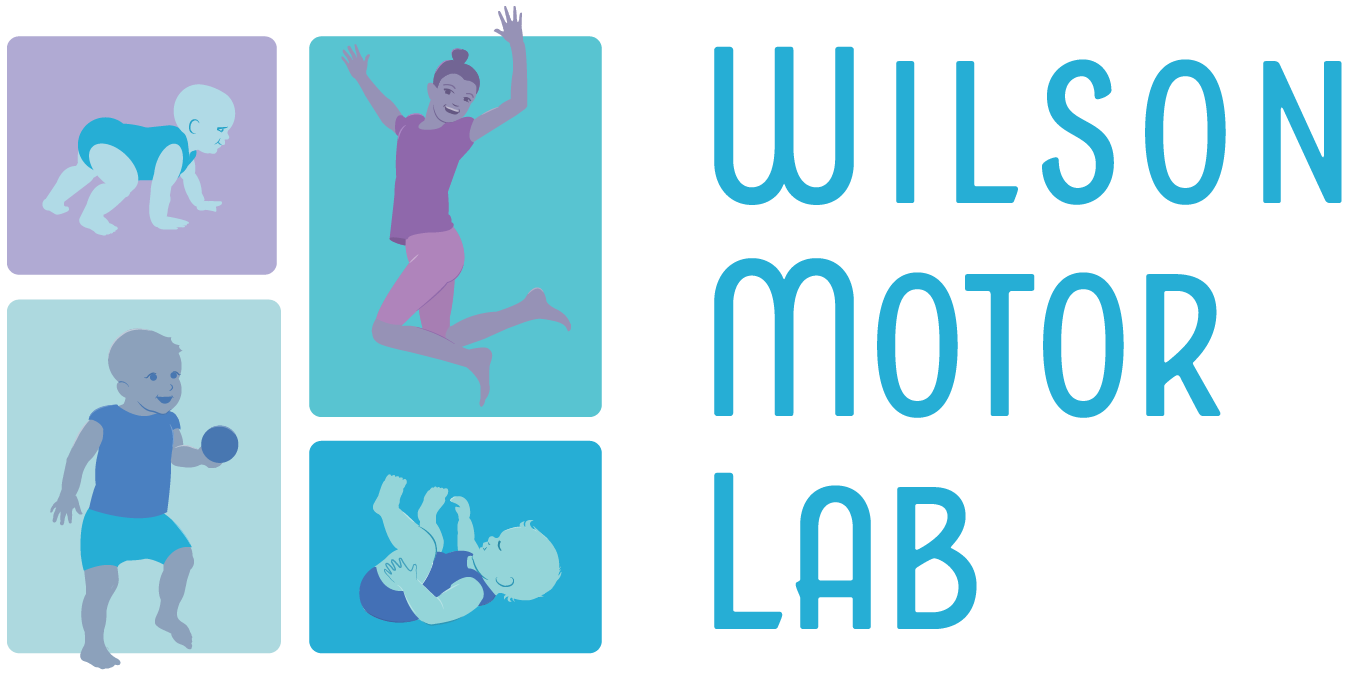Research FAQs
- Research is an organized way of collecting information to help answer questions about the diverse communities we live in and test ideas for the benefit of society.
- Researchers at CART are searching for new information and new answers to questions about autism and related neurodevelopmental disorders. With these answers, we hope to learn more about the underlying causes of autism in order to develop new therapeutic, behavioral, and clinical interventions and treatments for affected individuals and their families.
- When you participate in research at CART, you are contributing to scientific progress and helping society by advancing our knowledge and understanding of autism and related neurodevelopmental disorders.
- Participation in research is free, does not require insurance, does not affect your medical record, and is always voluntary, which means that you can stop participating at any time, and you do not have to explain your decision to leave the research study to anyone.
- Many CART studies offer potential direct benefits to your child and family, such as:
- Free behavioral and developmental testing
- Evaluation reports and summaries that you can share with your service providers in order to access clinical and therapeutic resources for your child
- Access to new treatments, behavioral intervention programs, and social skills training.
- Additionally, some studies might pay you for the time and effort it takes to participate.
- It is important that we have diverse groups of people participate in research so that the results are meaningful for more people. If many types of people participate in a research study, the results are more likely to benefit a wide range of people.
- There are several different types of intervention studies. Some intervention studies test the efficacy of a new pharmacological drug. Others, such as our Dance Intervention Study, test the efficacy of a behavioral or therapeutic treatment.
- Intervention studies are often longitudinal, which means that you will provide data at multiple time points so that researchers can see what changes during and after the intervention treatment.
- You can participate in a Wilson Motor Lab Study by contacting the research coordinators for the iMove: Infant Movement Study or Dance Intervention Study.
- iMove Study Coordinator: Ronald Ly | rqly@mednet.ucla.edu | (310) 206-1045
- Dance Study Coordinator: Jeff Anderson | jtanderson@mednet.ucla.edu | (310) 206-1045
- Research participation is confidential by law. This means that the only people who will know you participated are the research team members of the specific study you are enrolled in.
- To protect your privacy, all research data is de-identified, which means we remove all personal identifying information before analyzing the data collected as part of the study or publishing the results of the study in a research journal.
- Personal information that you provide as part of a research study—such as your name, address, image, or any other information that can identify you or your child—can only be accessed by the research team members involved on the specific study that you are enrolled in. In some cases, de-identified research data will also be sent to a national database, such as the National Institute of Mental Health Data Archive (NDA). However, this would be specified in the consent form that you would sign before participating in the research study.
- The protection of the personal and confidential information of UCLA’s research participants is one of the university’s highest priorities.
- Investigators are responsible for assuring that effective procedures are in place to protect identifiable and/or confidential information collected for research purposes.
- Your personal information cannot be accessed by any third party or federal agency. Additionally, research participation will NOT affect (or be affected by) your immigration status, SSI benefits, health insurance coverage, etc.
- The Institutional Review Board (IRB) is an administrative group at UCLA that is responsible for protecting the privacy, rights, and welfare of human research subjects by reviewing and monitoring research studies. They ensure that research at UCLA is conducted safely, ethically, and responsibly.
- All CART research studies undergo extensive review by the UCLA IRB before any research activities can be performed. Researchers can recruit participants for their studies only after receiving approval from the UCLA IRB.
